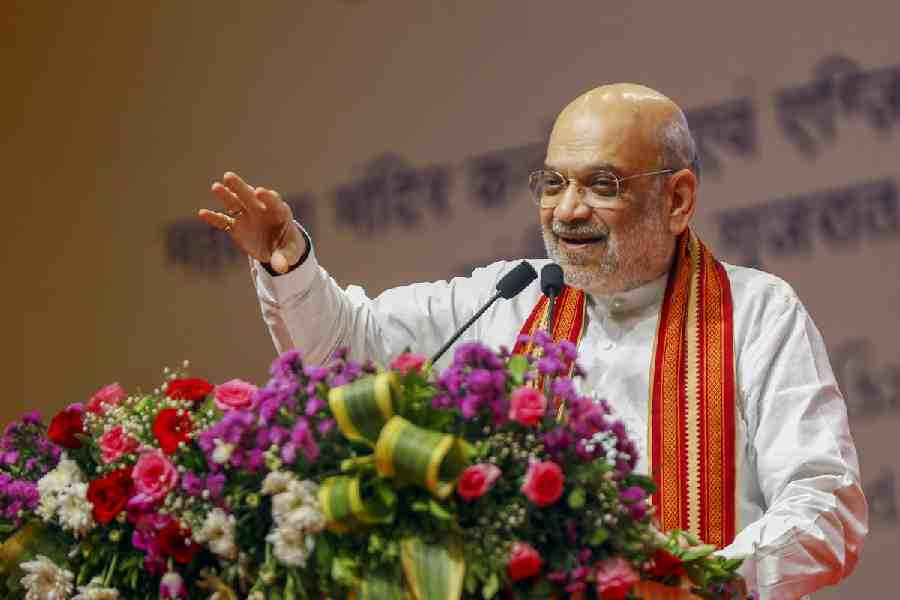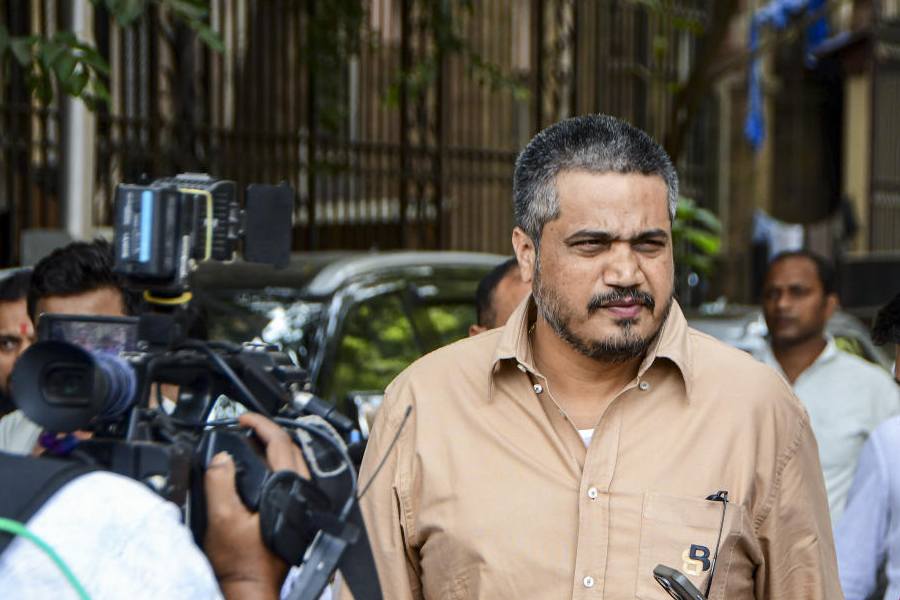According to the Union home minister, Amit Shah, security forces have almost eliminated Naxalites from one of the fortresses of the Maoist movement over the years. Mr Shah’s remark represents a major moment in the Indian State’s decades-long efforts to defeat the armed insurgents. It marks the culmination of months of particularly intense battles. Earlier this year, for instance, thousands of security forces surrounded the Karregutta hills forest in Chhattisgarh and killed dozens of rebels. The success of the sustained security operations has led to a number of Maoists being evicted from their former strongholds. Numerous members and leaders of the organisation have also put down their arms. It is indisputable that the geographical territory under the control of the Maoists today is a tiny fraction of what they controlled two decades ago when their writ ran large across multiple states. It would not be a surprise if the ruling Bharatiya Janata Party decides to milk this success electorally.
Yet, the war against the Maoists was always going to require more than a military approach. It is in this respect that the long-term planning and strategies of the Narendra Modi government will be tested. Ultimately, Naxalism has never been about a challenge to law and order. It has always been a symptom of deeper malaises eating into the roots of the republic: embedded inequality, rural unrest, lingering feudalism, and the exploitation of tribal communities and natural resources often to maximise the profits of corporates. The success of the security operations in Abujhmarh should not lead to complacency. This is because the symptoms of Maoism are ever present and they could erupt, once again. That is why the Central government and state governments must work together to address local concerns. They must remember that the tribal communities and others caught in the crossfire between security forces and Maoists have been the biggest victims of India’s gravest internal security challenge. They need empathy, support and care. Addressing their concerns about employment, security, education, health and environment must form a central plank of Mr Modi’s government. They must be made to feel that they are an integral part of Indian democracy. The win in Abujhmarh is an opportunity to show that India is capable of embracing those who have lived on the country’s political peripheries for too long. This chance must not be lost.









